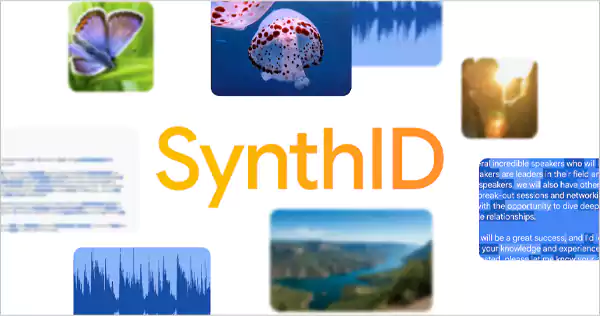
The tech giant has recently announced the open-source availability of Google’s SynthID text watermarking technology, a tool that detects AI-generated text.
SynthID Text is now available to download through the AI platform Hugging Face and Google’s updated Responsible GenAI Toolkit.
Yesterday, the company took it to its X account to announce this availability, saying, “Today, we’re open-sourcing our SynthID text watermarking tool through an updated Responsible Generative AI Toolkit. Available freely to developers and businesses, it will help them identify their AI-generated content.”
Pushmeet Kohli, the vice president of research at Google DeepMind, told MIT Technology Review, “Now, other [generative] AI developers will be able to use this technology to help them detect whether text outputs have come from their own [large language models], making it easier for more developers to build AI responsibly.”
Watermark tools have become increasingly important as large language models are used to spread political misinformation, generate nonconsensual sexual content, and for other malicious purposes.
SynthID adds an invisible watermark into images, audio, video, and text as they’re generated, making the AI-generated output detectable. It makes the texts less probable in a way that can only be detected by the software, but not by humans.
Google claims that this new system that is integrated into the Gemini chatbot doesn’t compromise the quality, accuracy, creativity, or speed of generated text, which has long been the issue with the watermarking tools.
The company says this tool will work as long as the text is as short as three sentences, as well as text that’s been cropped, paraphrased, or modified.
However, it also has its limitations—it struggles with short text, content that’s been rewritten or translated, and even responses to factual questions.
